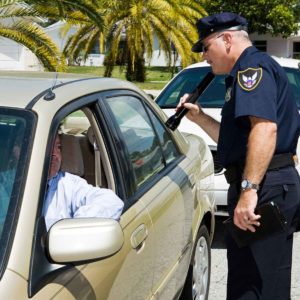
One question that many people have when they are pulled over by police officers is whether the stop was lawful or not. If you are facing one of these situations, such as in a drunk driving stop, you need to learn about the differences between reasonable suspicion and probable cause.
While these two concepts do have a lot to do with traffic stops, they can actually apply to other areas of the criminal justice system. Here are a few points you should know about these concepts.
Evidence threshold
Probable cause has a higher evidence threshold than reasonable suspicion. This means that law enforcement officers would need more evidence that something happened if they are required to have probable cause for an arrest or action. The law enforcement officer doesn’t need as much evidence in an incident that requires reasonable suspicion.
Probable cause function
Probable cause is the standard that is used to be able to charge someone with a crime. The law enforcement officer would have to show that there is plenty of information to show that the person did the crime of which he or she is accused. Probable cause is a standard that is set forth by the Fourth Amendment of the United States Constitution. While probable cause is a more strict standard than reasonable suspicion, it is much less strict than the standard of beyond a reasonable doubt that is used in a criminal trial.
Reasonable suspicion function
When police officers initiate a traffic stop, the standard they must meet is reasonable suspicion. This means that there doesn’t have to be any hard evidence that you did something wrong. Instead, the officer only needs a reason to think that you might have done something illegal. In the case of drunk driving, reasonable suspicion could be a driver swerving around the road or driving in an unsafe manner.
Using lack of reasonable suspicion or probable cause in a defense
You can sometimes use a lack of reasonable suspicion or probable cause as a part of your defense. In rare cases, this might be enough to base your entire defense on. However, you should be careful when doing this. It is always best to explore your options so that you can decide which you are most comfortable with. Ultimately, you may end up using multiple defense mechanisms in your case.





